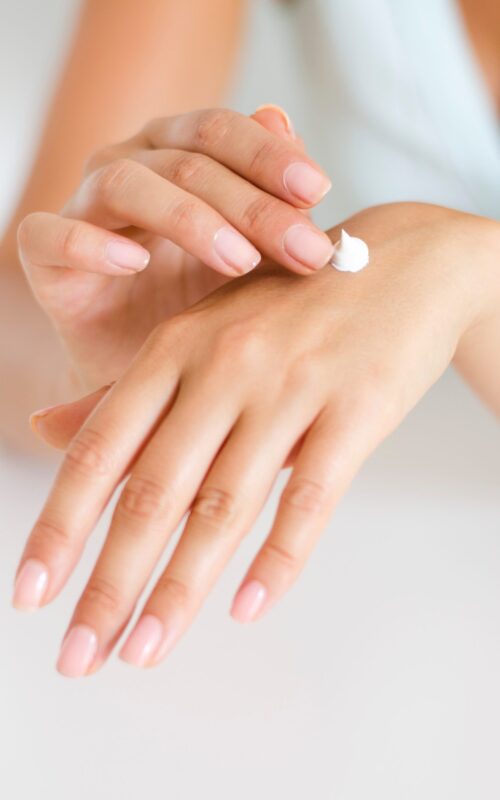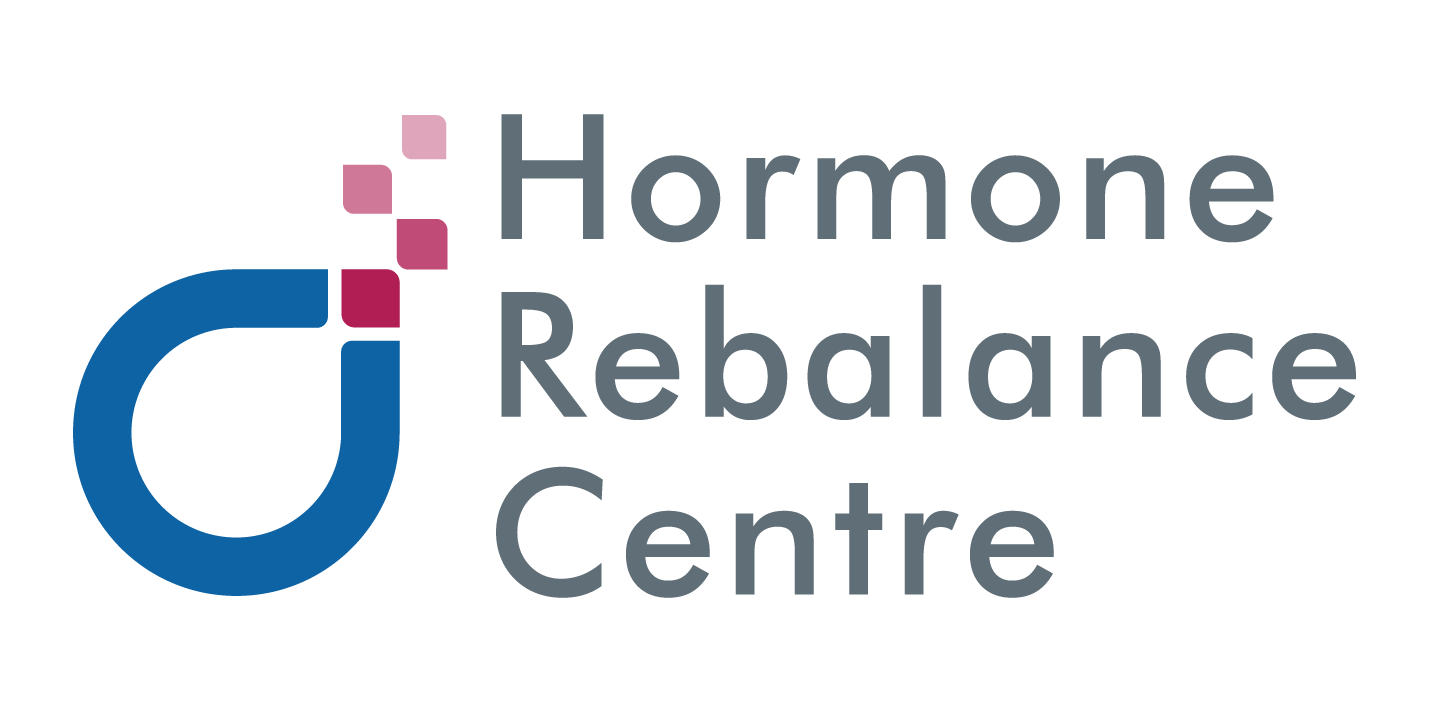
Hormone Re-balance Program:
Bio-identical hormones are a therapeutic intervention that may be used as part of our Hormone Re-balance Program.
What are Bio-Identical Hormones?
Hormones that have the exact chemical structure as the hormones we produce in the body and exert the same effect on hormonal receptors. Therefore, bio-identical hormones can be very effective at balancing hormones that are under-produced or deficient in the body. Bio-identical hormones are extracted and derived from wild yam and are made into cream form or vaginal suppositories.
How is BHRT different from conventional Hormone Replacement Therapy (HRT)?
The conventional HRT uses synthetic forms of hormones that our body does not break down and metabolize as well it does its own natural hormones, resulting in potentially harmful by-products and unfavourable side effects. There is research to support that the risks of conventional HRT outweigh the benefits.
The Woman’s Health Initiative Study published in the Journal of the American Medical Association (WHI, JAMA 2002) was a 15-year national study that investigated the risks and benefits of synthetic estrogen (taken from pregnant horse’s urine) and progestin in healthy post-menopausal women. Certain parts of the study were discontinued early due to results showing increased rate of stroke, breast cancer, heart attack, and blood clots that outweigh the benefits of reduction in osteoporosis and colorectal cancer. The conclusion from this study was to avoid use of conventional hormonal therapies (at least for long-term), which left women in search for a safer, more natural approach to support hormone deficiencies in the body.
Are Bio-Identical Hormones Safe?
Evidence comparing bio-identical hormones with non-bioidentical HRT (hormone replacement therapy) had shown that bio-identical hormones are associated with lower risks of cancer and cardiovascular disease and are more efficacious than synthetic HRT (Holtorf, 2009). In fact bio-identical progesterone is even associated with cancer protection.
Low progesterone levels appear to be associated with the development of breast cancer and the use of bio-identical progesterone can help mitigate that risk. Research indicates that natural progesterone does not increase risk of breast cancer, and in fact may even be protective against it (Campagnoli, 2005; Holtorf, 2009). Another large-scale study examined the risk of breast cancer in women taking hormone replacement therapy with either bio-identical progesterone or synthetic progestins compounded with estrogen showed that bio-identical progesterone showed no added risk for breast cancer, while women taking synthetic progestins had a statistically significant increase risk for its development (Fournier, 2008).
The evidence is clear that bio-identical hormones are a much safer option than synthetic hormone replacement. With that being said, even bio-identical hormones do not come without risk, which is why close monitoring is important.
Are Bio-Identical Hormones For Me?
First of all, as a rule of thumb, or call it common sense, I do not prescribe bio-identical estrogen or progesterone without first testing a woman’s levels through either saliva or urine (the method of testing will be decided on individual basis). Assessing exact levels, combined with a thorough medical intake and understanding of symptoms, their severity, and personal and family history allows me to best advise you on whether or not bio-identical hormones are for you. Other hormones, such as thyroid and cortisol must also be considered when addressing one’s hormonal imbalance picture.
Conventional medicine assumes that women after menopause are estrogen-deficient but this is not always the case. More commonly woman are actually progesterone-deficient as progesterone only gets produced when ovulation occurs. Passed the age of 35 women no longer ovulate with every cycle and thus progesterone production begins to drop. Many peri- or menopausal women may still have normal estrogen production but have a relative progesterone deficiency that may lead to their symptoms.
Other factors that play an important role is body fat, which is a hormonally active tissue in the body. Women with higher body fat percentage may produce more estrogen than those with lower fat percentage. Liver and gut health is also vital to address as both are involved in detoxifying and eliminating excess hormones in the body. As well, it goes without saying that healthy diet and exercise also play a vital role in hormone balance in the body. All these factors should we considered when deciding whether hormone replacement is for you or not.
Are there other alternatives to Bio-Identical Hormones?
There are also certain herbal and vitamin formulations that can be effective at balancing hormone and either gently boosting or lowering levels, depending on the desired effect. Treating the adrenal glands is a vital part of the process as cortisol has a major implication on the hormonal system. Certain foods can also be used in therapeutic doses to impact hormone levels. Due to many complex factors, it’s is always best to start by first determining what your baseline hormone levels are. Learn more about hormone testing and call today to find out what treatments will may be best for you.
Desiccated Thyroid
Desiccated thyroid is a form of treatment for hypothyroidism and can be used either as an alternative or in conjunction to Levothyroxine (Synthroid, Eltroxin). This may be indicated for patients seeking a more natural approach or if they are not feeling optimal on their medications.
Desiccated thyroid was the treatment of choice for hypothyroidism up until the 1950s. It is extracted from porcine thyroid glands, which are dried, ground to powder and pressed into pill form. Desiccated thyroid includes all forms of the thyroid hormone (T1, T2, T3 and T4) while pharmaceutical thyroid medications contain only T4 hormone and heavily rely on the body’s ability to convert the inactive T4 to the active form of thyroid hormone, T3.
This process of conversion can be impacted by numerous factors, such as cortisol dysregulation, chronic inflammation or illness, low iron levels and other factors. For those patients that may not be good converters, Levothyroxine/Synthroid may not resolve all of their symptoms and desiccated thyroid may be a better solution.
We are all unique and treatment options can vary greatly between individuals. It is also important to properly test for thyroid function by assessing all thyroid markers (TSH, T3, T4, thyroid antibodies) and not just TSH. Even if TSH is within the “normal” conventional reference ranges, if you are symptomatic or not feeling balanced, you may still benefit from supporting your thyroid (even with certain vitamins and herbs). Contact the clinic today if you would like a thorough work up or second opinion on your thyroid conditions.
